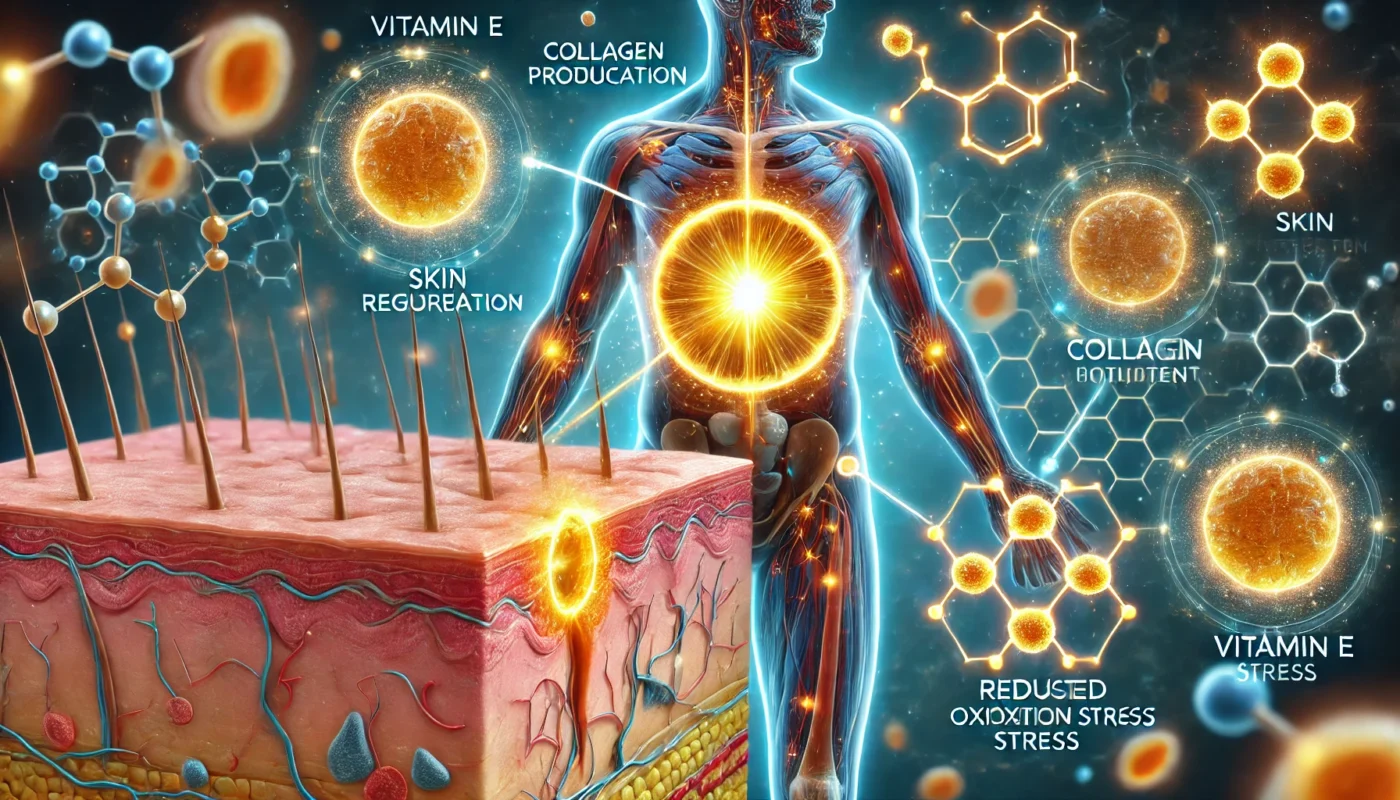Keloids are overgrown scar tissues that extend beyond the original injury site. Unlike regular scars, keloids do not regress over time and can sometimes grow larger. They are more prevalent in individuals with darker skin tones and can result from injuries, surgeries, acne, or even piercings.
Tag Archives: vitamin E
When it comes to soothing burns, aloe vera gel stands out as a natural and effective remedy, often lauded for its incredible healing properties. But what makes aloe vera so beneficial for burn relief, and how can you harness its power? In this comprehensive guide, we’ll delve into the myriad benefits of using aloe gel for burns, backed by scientific research and practical advice.
Skin regrowth is a fascinating and complex process that plays a crucial role in maintaining our body’s protective barrier. Whether you are a fitness enthusiast pushing your physical limits or a medical patient on the road to recovery, understanding how skin heals and regenerates can empower you to take proactive steps in supporting this vital process. In this comprehensive guide, we will delve into the factors that influence skin regrowth after damage, explore the stages of wound healing, and offer practical advice to aid and expedite recovery.
Sunburn occurs when your skin is overexposed to ultraviolet (UV) rays, leading to inflammation and damage. This can result in redness, swelling, pain, and in severe cases, blistering. It’s important to address sunburn promptly to mitigate these symptoms and promote healing.
The immune system is a complex network of cells, tissues, and organs working together to defend the body against harmful invaders. It comprises two primary components: the innate immune system, which acts as the first line of defense, and the adaptive immune system, which targets specific threats with precision.
The innate immune system is the body’s first response to pathogens and is non-specific, meaning it attacks any foreign invader. It includes physical barriers like skin and mucous membranes, as well as immune cells such as phagocytes and natural killer cells. These components work in tandem to detect and destroy invaders before they cause harm.
The innate immune response is rapid, often responding within minutes to hours of an invasion. The cells involved in this system, such as neutrophils and macrophages, are constantly on patrol, identifying and engulfing pathogens. This immediate response is crucial for preventing infections from taking hold.
Chemical signals, such as cytokines, play a significant role in the innate immune system by coordinating the response. These signals can recruit additional immune cells to the site of infection, increasing the body’s ability to eliminate the invader.
Vitamin E is a fat-soluble antioxidant that plays a crucial role in protecting your body’s cells from oxidative stress. This nutrient is particularly vital in skin health as it aids in fighting off free radicals that can delay the healing process. According to scientific studies, Vitamin E not only protects against environmental damage but also promotes collagen production, which is fundamental for skin repair and regeneration.
Vitamins are organic compounds that are vital for maintaining health. They act as co-factors in various biochemical reactions, supporting processes such as cell growth, immune function, and tissue repair. When it comes to wound healing, certain vitamins stand out for their ability to enhance recovery.
Biceps tendonitis, a condition characterized by inflammation of the biceps tendon, is a common overuse injury that affects the shoulder and upper arm. The biceps tendon connects the biceps muscle to the bones of the shoulder and forearm, playing a critical role in arm movement and stability. When this tendon becomes irritated, it can lead […]
Inflammation is a natural response of our bodies to injury or illness. However, when it becomes chronic, it can lead to serious health issues.
Enter Vitamin C.
This essential nutrient is well-known for its immune-boosting properties. But did you know it also plays a crucial role in managing inflammation?
Scientific research has shown that Vitamin C can reduce biomarkers of inflammation. It also supports the immune system, which is key in controlling inflammation.
But how can you effectively incorporate Vitamin C into your wellness routine? And what forms of this vitamin are most effective in combating inflammation?
This article aims to answer these questions and more. We’ll delve into the science behind Vitamin C’s anti-inflammatory properties, explore dietary sources, and discuss supplementation options.
Whether you’re a fitness enthusiast, a health-conscious individual, or someone managing a medical condition, this comprehensive guide will provide practical, research-backed insights on using Vitamin C to reduce inflammation and improve your overall health.
Magnesium plays a critical role in numerous physiological processes, from muscle and nerve function to bone health and energy production. While its individual benefits are well-documented, magnesium’s interaction with antioxidants such as vitamin C and vitamin E offers unique synergistic effects that amplify health outcomes. Magnesium glycinate, a highly bioavailable form of magnesium, is particularly […]
- 1
- 2










